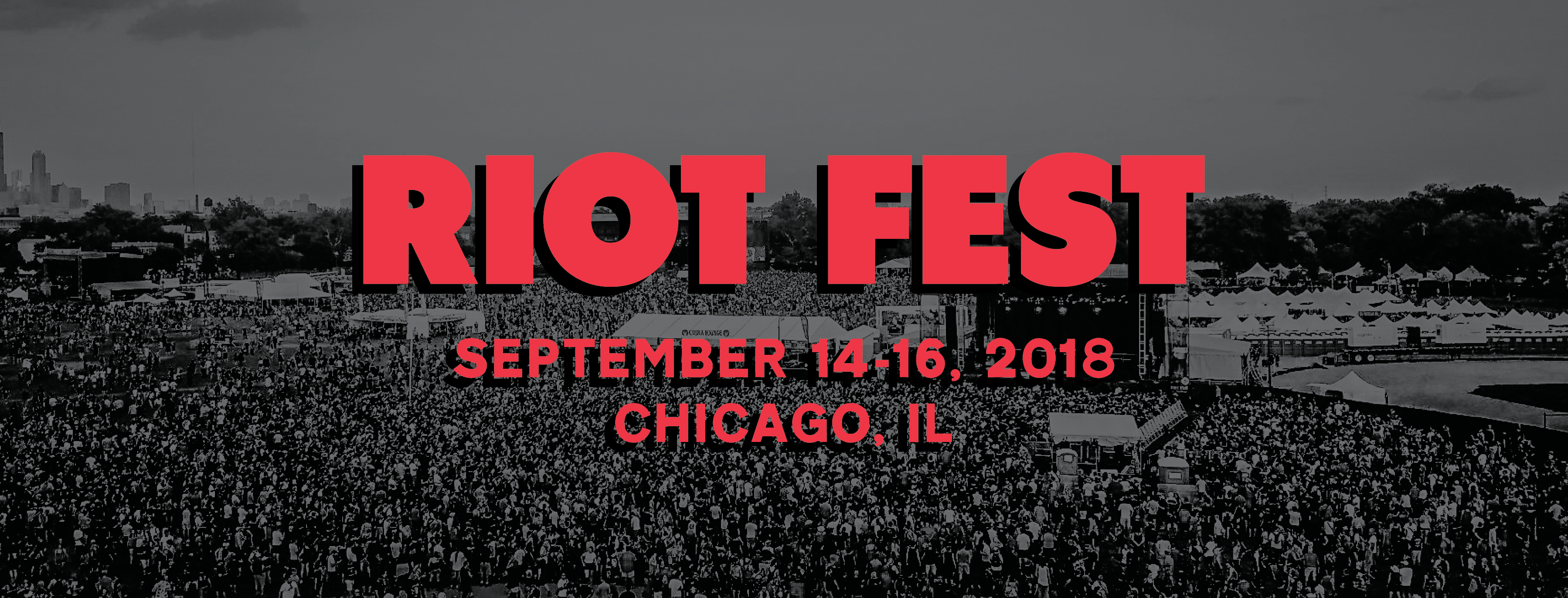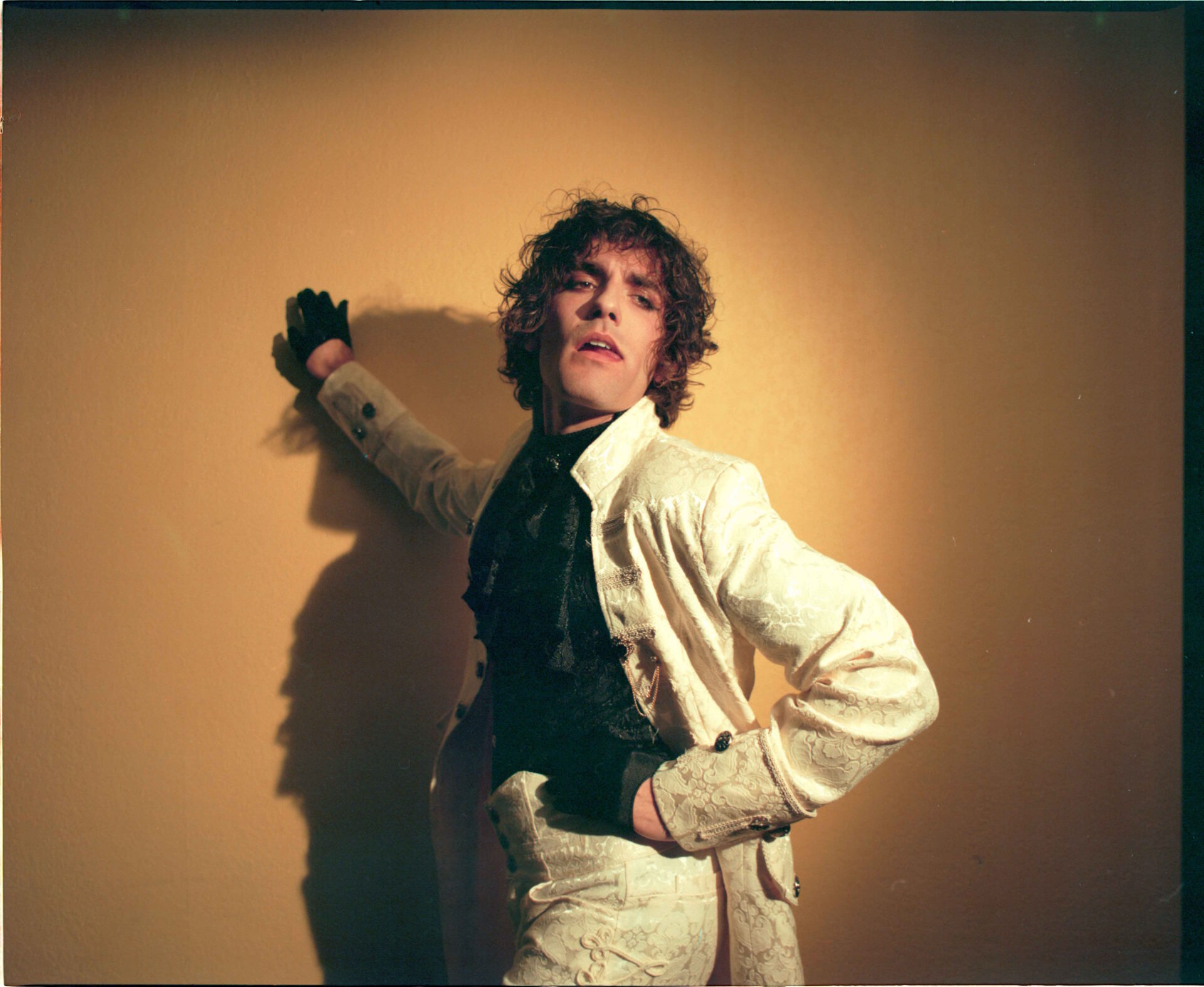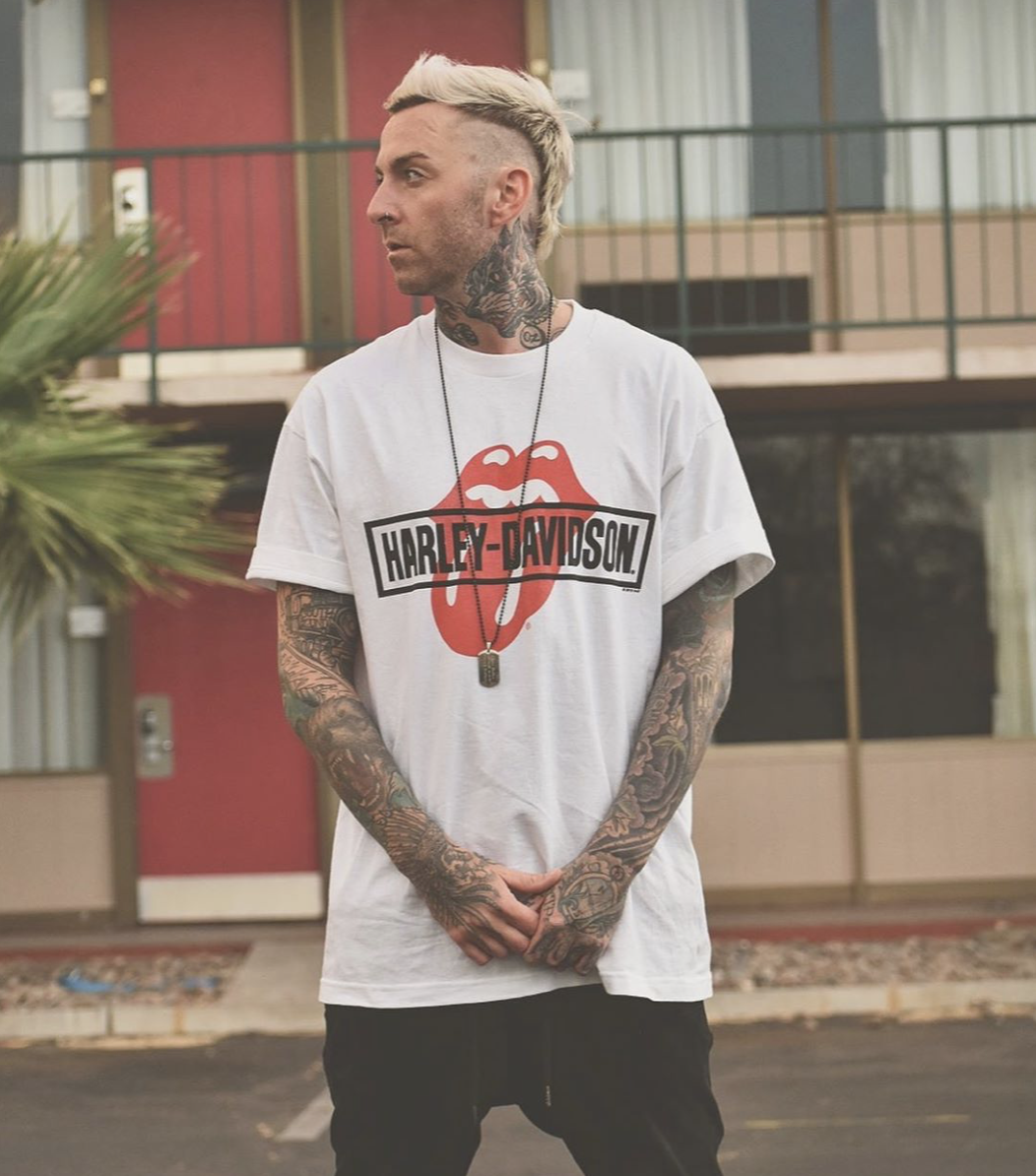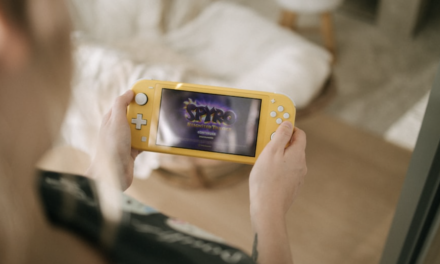When Nashville’s COIN broke out into the scene in 2012, a lot of people didn’t know who they were. They released two EPs titled Saturday and 1992, but didn’t gain widespread recognition until 2014 with the release of their catchy, anthemic track “Run.”
Fast forward a few years and you’ll notice a few things about the young band: growth, dedication and a goal to make everyone feel at home with their music. While the band does travel nationally and plays sold out shows at almost every stop, they don’t hesitate to take some time out to meet and truly connect with fans.
We had the opportunity to sit down with the band–consisting of vocalist Chase Lawrence, guitarist Joe Memmel, bassist Zach Dyke and drummer Ryan Winnen–post-soundcheck to discuss the release of their sophomore record, How Do You Know If You Never Try?, the recording process and what’s next for COIN down the line, all while sharing a box of delectable donuts from Columbus, Ohio’s own Destination Donuts.
What’s the best part about getting to put your first full-length album out?
CHASE LAWRENCE: The best part is that we can move on from these songs and create what we want to create next. And play ’em live.
Does it usually take you a while to go back in studio and play new music, or do you always have ideas in the back of your head?
CL: Historically, it has taken us a long time. But this time, it’s turning around a lot faster. We’re already back in the zone. It’s just inspiring to see that people care and it makes us more excited to put even more content out there for them to care about.
You guys have been around since 2012 and you burst into the scene with your debut. What kinds of methods did you guys try on this album that you didn’t do with the debut? Did you go in there with a different mindset?
JOE MEMMEL: Personally, I would say I was more comfortable with myself.
CL: We did half of the album by ourselves and even if we worked with a producer we definitely were very almost bull-headed to a fault which ended up being kind of good. We were very specific about what we wanted to do this time. We weren’t gonna let someone tell us … just because they had experience or something like that. That goes for our label and our management and everything, we’re just like, “We wanna do things the COIN way.”
JM: We actually knew what we wanted to do and we were confident going into it. We knew what we wanted to make, instead of being young and not having a direction.
CL: In time’s past, maybe we were a little more lingering. We were definitely more direct on this one, that’s why we got it done in six months, too.
Did you guys feel like it was all over the place when you first went in to record?
CL: I think we thought we had it more figured out. I think that our very first EP, like our very, very first EP, was more direct and more focused than maybe our first album. I think our influences may have gotten the better of us possibly. Bands like The Strokes and The Cure, we were so obsessed with these bands and we worked with a producer who loved new wave music too, so we really wanted to make music like that. I think the music could’ve been more us.
Going off of that, I know you guys re-recorded and re-released “Malibu 1992.” What made you guys choose to go back to that song specifically?
JM: I personally wanted to put it on the first album, but we just didn’t have time.
CL: It was on a list of like 12 songs to go on the first album. There was a board where we would cross out songs that were finished, and it got to the very last day and we quite literally ran out of time. But then we moved on and it kind of fell in the wayside. We wrote hundreds of songs for this album and that one just came back to me. I was in Reagan airport in D.C. and it came on shuffle on my iTunes, and I just sat there and listened to it and thought, ‘This is just way too special not to put on this album.’ I feel like it encapsulates this entire stage we’re going through where I may have had myself more figured out four years ago or three years ago than I do even today. So, this is the perfect conclusion to this season of our success.
I read that you do some prose writing and that usually helps you out when you do songwriting.
CL: I started doing that a year ago. We started flying a lot, so that’s how I passed the time on a flight.
You said in an interview before that the record was full of “anti-love songs,” what made you choose that angle?
CL: We all went through a lot of changes, and we definitely wrote a lot of personal stuff on this album that we didn’t write for the first album. I think that goes for all four of us really. We all put a lot of our personal experiences out, and I don’t think we really tested ourselves on that capacity on the first one. I might retract that [anti love songs statement], they’re just sad songs with silver linings.
What was your favorite track off the album to record in the studio?
JM: The favorite one for me was the hidden track in the album. It’s like a punk song, it’s right after “Lately II.” That’s my favorite.
CL: It was 3 a.m. and we were all delusional…
JM: Zach did some crazy stuff with [Chase’s] vocal and he fed it through a mic. I don’t even know what he did.
CL: I sang it through a pair of headphones. It was fun.
JM: He was basically yell-singing.
CL: We were delusionally tired, but it was pretty fun.
Was that toward the end of the recording process?
CL: That was the last of the last of the last hour. We literally did it in the last two hours of recording the album. We saved the best for last, the most fun experience at least, but also the most tiring.
After releasing “Talk Too Much,” you guys disappeared. Did that “seclusion” from social media help you in the studio?
CL: That was actually the most active we have been on social media to date. It was really inspiring to see that song get traction and catch heat while we were recording. It really was a wonderful encouragement for us in studio, because nothing’s worse than putting music out and no one cares and then making more. Who’s gonna care about that? So it was awesome timing for us.
You guys did opened a hotline where you talked to fans, right? How was that?
CL: It was overwhelming. I tried to turn the phone on to do the calls, and I never could because my phone would just freeze up. But we turned on the texting, and we were texting people. It was cool. We might do that again sometime. It was a cool idea, and it really connected us to fans we would otherwise maybe never meet in other countries.
*A version of this interview first ran in the current print issue of Substream Magazine, on stands now and available through our online store!













